Iran's second step was taken on July 7 as it was expected. While Tehran at first step crossed its enriched uranium reserves from the specified boundary in an agreement on 300 kg, in the second step it increased its richness from the level of 3.67 percent.
Iran's second step was taken at the same time as the two-month deadline had been set by the Supreme National Security Council to the remaining parties to fulfill the obligations in the JCPOA. So, at the end of the deadline, on Sunday a news conference with the presence of a nuclear officials such as Behrouz Kamalvandi, spokesman for the Atomic Energy Organization and Seyyed Abbas Araghchi, the Deputy Minister of the Foreign Affairs, along with government spokesman Ali Rabie, was held.
During the meeting, although the accurate percentage of increased richness was not stated, Kamalvandi said that “The increase in the amount of material enriched to more than 300 kilograms was time-consuming, but increasing the levels of richness does not take much time and can be done within a few hours. The IAEA experts are going to take sample today, which of course we have passed from 3.67 percent of the enrichment."
So, if this trend continues, we will witness a third step in the near future; a step that a two-month time-frame has been set to reach. The spokesman for the Atomic Energy Organization called the 20 percent enrichment, the re-installation of the IR2 or IR2M centrifuges, as well as the increase in the number of active centrifuges in the enrichment cascades, are among the other options in step three of reducing commitments.
Following the holding of the conference and the dissemination of the content of Iran's second action, various reactions to this action were taken by each individual member of the European Troika.
The positions taken by the European Union and its influential powers, such as France, Germany and the UK, have warning and advising dimensions. They have expressed their concern while asked Iran to refrain from further activities and returning to its commitments.
One of the statements that attracted the media attention of the world was the official position of the EU. A spokeswoman for Federica Mogherini, Chief of EU foreign policy, expressed deep concern at Tehran's uranium enrichment and urged Tehran not to continue to violate the JCPOA and to reduce enrichment level as quickly as possible to the level set by the nuclear deal.
The stances taken by the German, French and British authorities were also remarkably similar to the official statement of the Union. Of course, there are news of the intra-union negotiations between the three European powers for unified action. Experts say they are thinking of implementing their financial mechanism rather than reciprocals and punishing measures to halt these tensions as quickly as possible and prevent Iran from taking the third step.
Clearly, the stance of the Union officials can be seen in the remarks of the French authorities. The French President, Emmanuel Macron, who had a one-hour conversation with President "Hassan Rouhani" one day before the second step was taken, acted cautiously and rationally in this regard.
In the statement issued by the French government it was specified that the "trigger mechanism" is not being applied to Iran; the trigger mechanism is based on Article 37 of the JCPOA, in which Iran's abandonment of its obligations makes the United Nations’ sanctions to be automatically activated again Iran.
Thus, Paris and other European members, sometimes use this article to scare and exert pressure on Iran, but they are strictly refraining from what they consider as the death of the JCPOA.
Apart from the positions of the Union leaders, there are reactions from the United States and Washington's regional allies; reactions that are in no way consistent and compatible with each other.
The Arab countries of the region remain silent about Iran's second nuclear step. US president "Donald Trump" also said a few short sentences that "Iran should be careful ... Iran is committing bad things. Iran will never have a nuclear weapon. "
As expected, "Benjamin Netanyahu" was a flagrant protest to Iran's nuclear action. He described the Islamic Republic's nuclear action as "a very dangerous move" and called on European countries to sanction Iran again.
Netanyahu has used a lot of efforts since the very first days of the nuclear talks between Iran and the Group 5+1 to stop them from reaching an agreement and even went to America without coordinating with former US President Barack Obama, and gave speech in the congress against Iran Speaking; Two years old efforts that were not fruitful.
9455**2050
Follow us on Twitter @IrnaEnglish

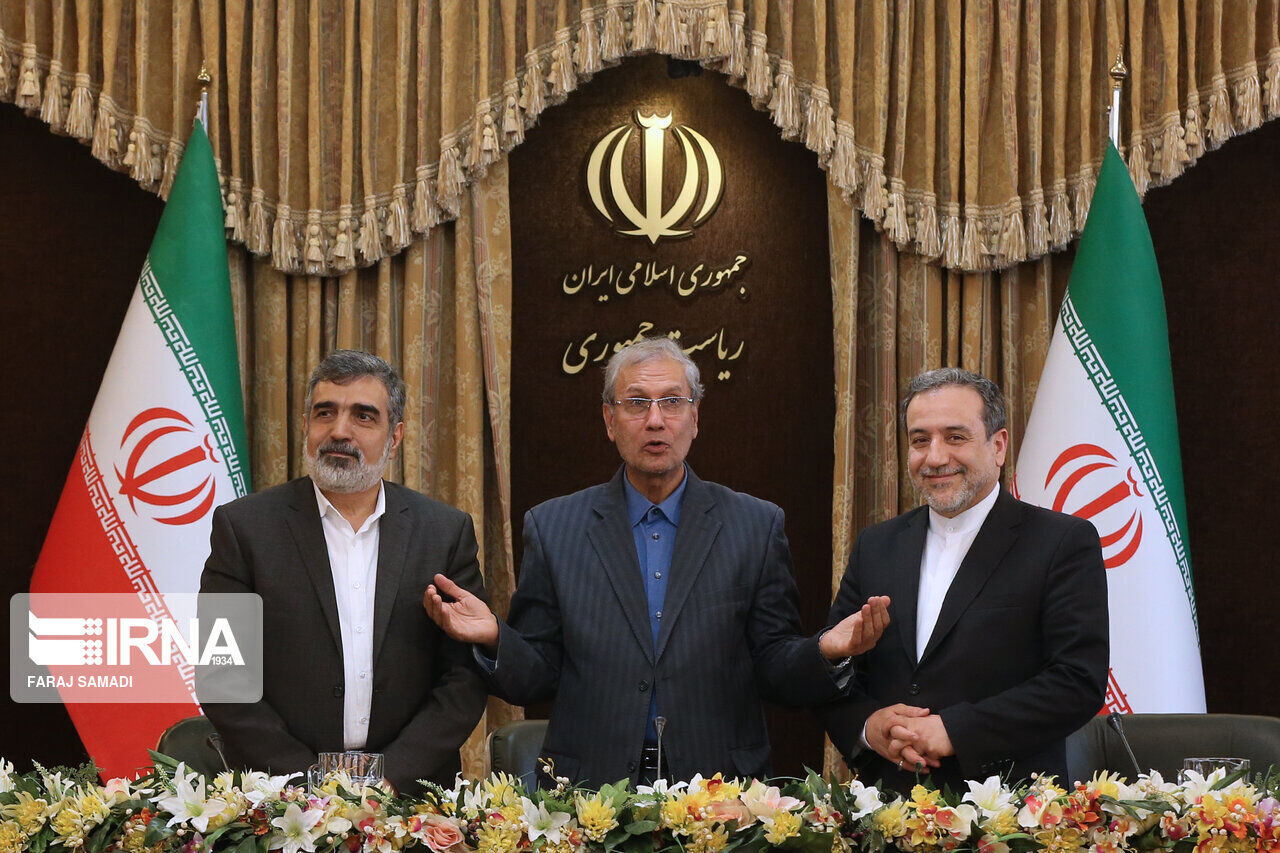

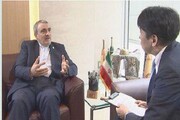
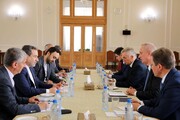
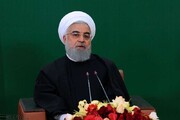
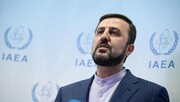
Your Comment